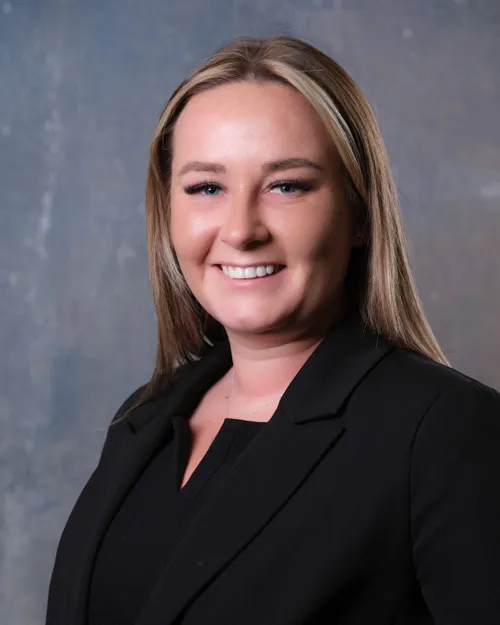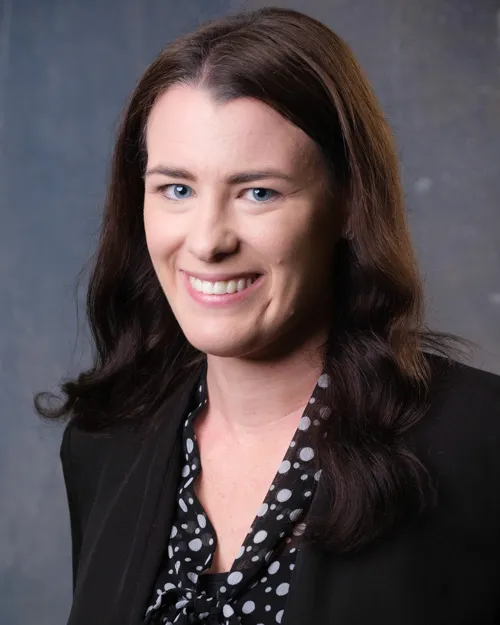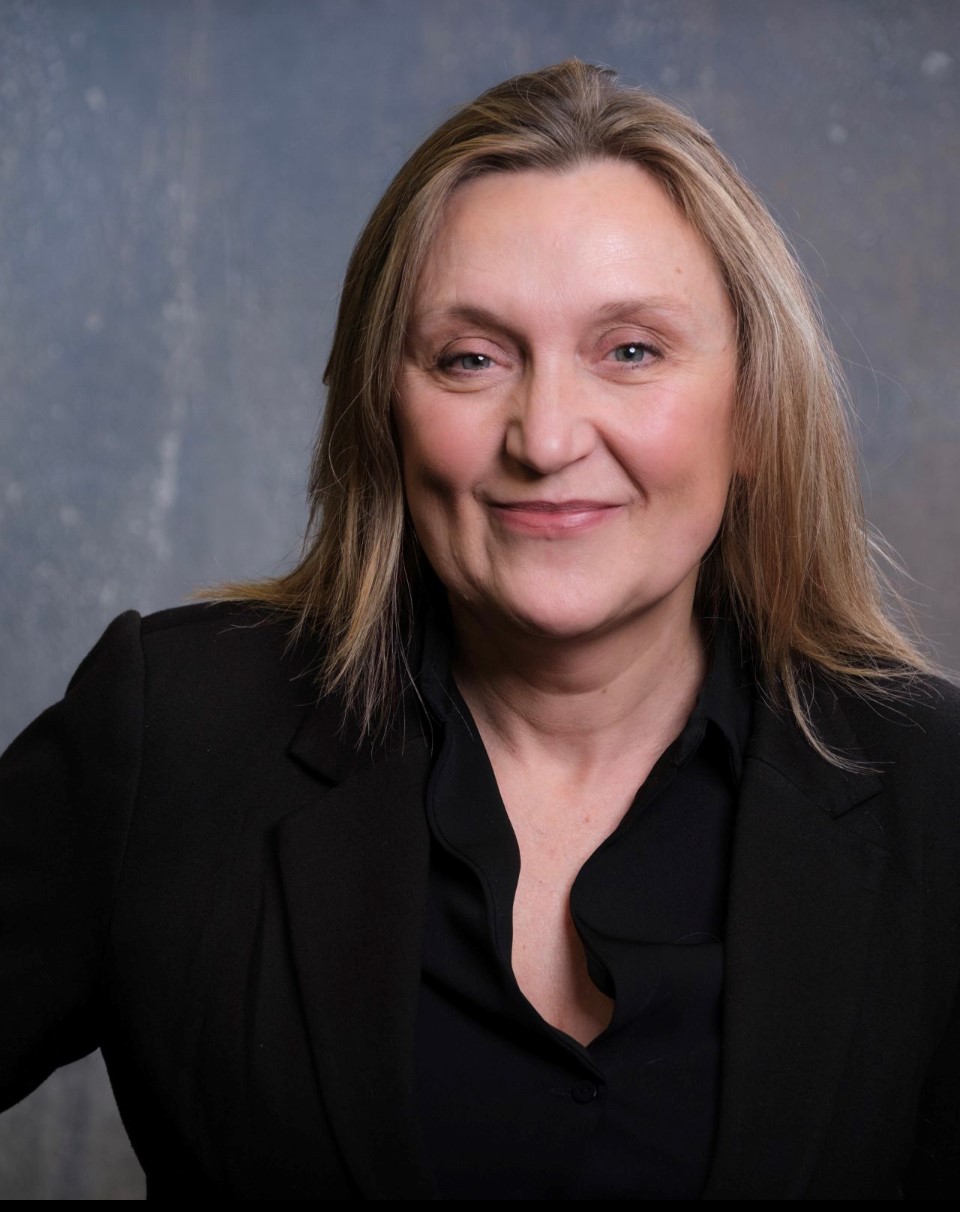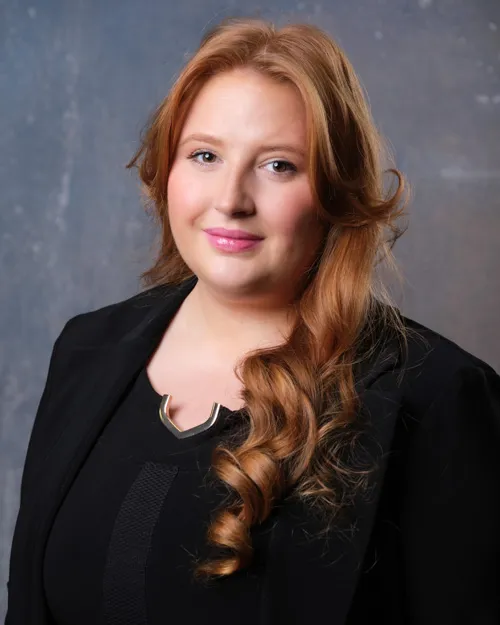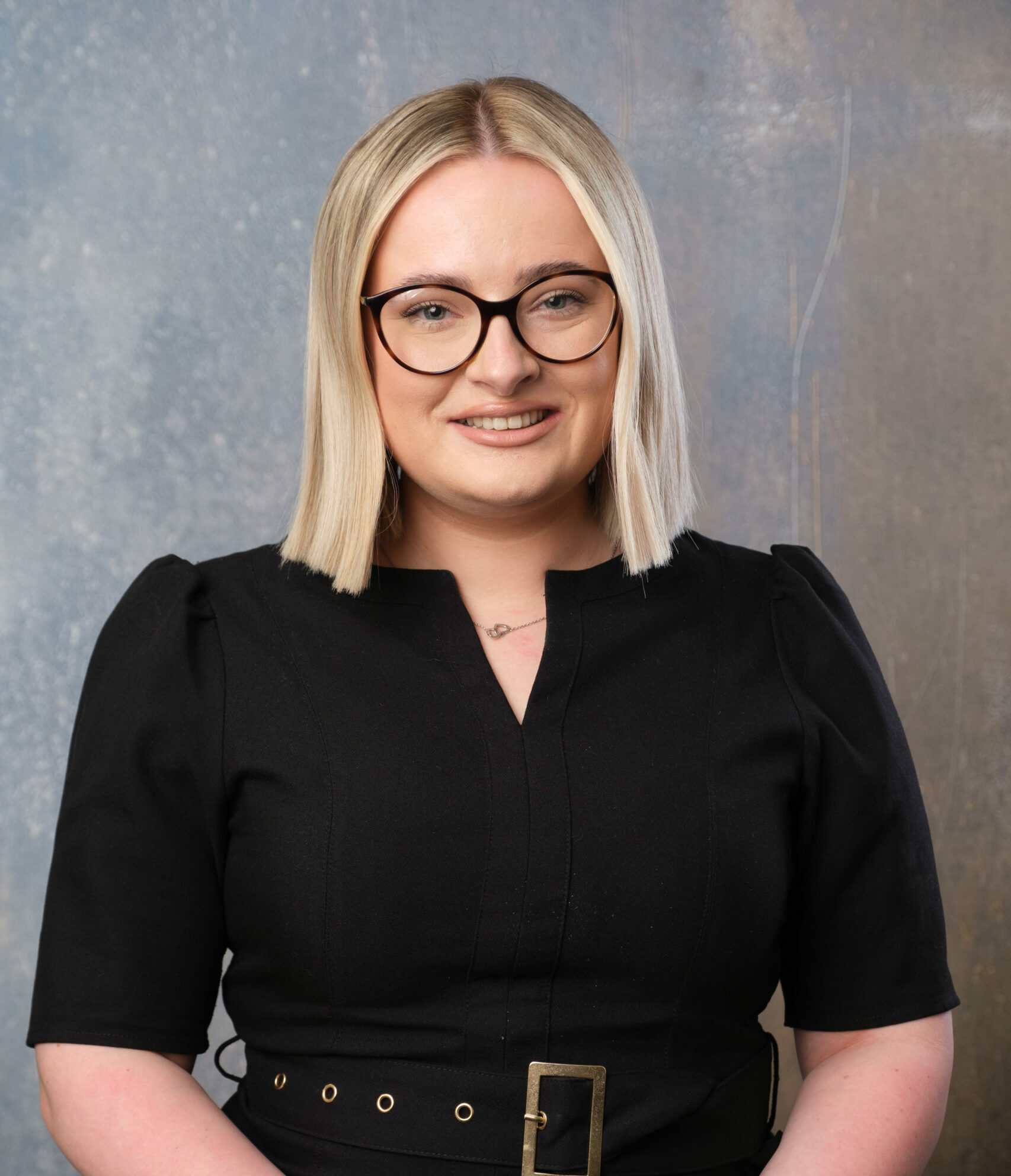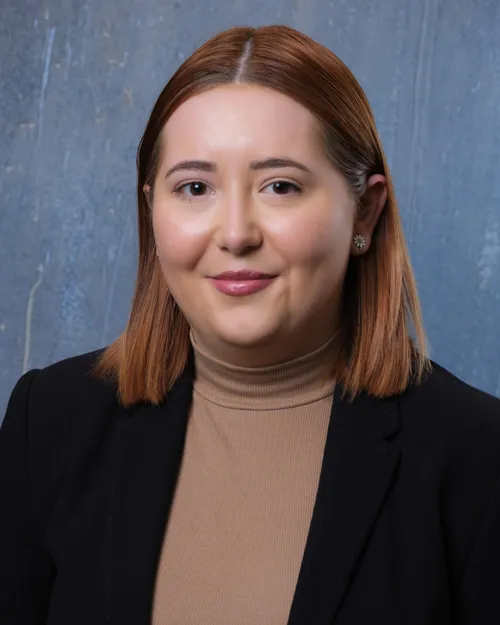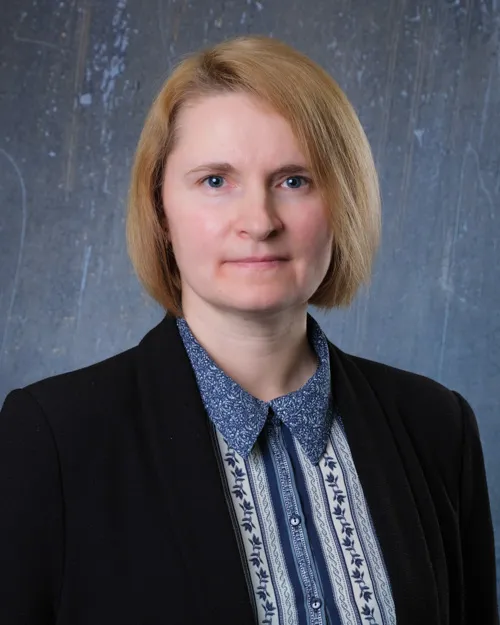Pensions are often one of the largest assets a divorcing couple has after their family home; they are also frequently one of the biggest worries for people going through the divorce process. Our divorce solicitors can take you through this complicated area of law and ensure you get the best possible outcome for your future. Our experienced finance solicitors will help you gather information on your pensions and benefits such as death benefits, guarantees and other potentially complicating issues. Our specialist solicitors will advise on how to approach valuations for divorce purposes in both ‘needs’ and ‘sharing’ based cases and explain how the court is likely to deal with them.
How does the Family Court look at pensions?
Any pensions belonging to either of the divorcing couple will be taken into account by the court when considering the assets of the marriage. This includes pensions that were already in existence at the date of the marriage, contributions made during the course of the marriage and pensions that were contributed to after the relationship broke down. It can include personal pensions, work pensions and additional state pensions. How much of the pension will be included can be a complicated question, the court initially looks at the total amount of any pensions, but in certain circumstances this can be departed from; our experienced solicitors will consider your individual circumstances and relevant factors could be the needs of the other spouse, length of the marriage, the length of time the divorcing couple have been paying into their pension schemes, how much of the pension has been accrued since the marriage broke down or how much was accrued prior to the marriage, whether the divorcing couple have similar pension investment amounts etc.
How is the value of a pension worked out during a divorce?
One of the first steps our divorce and finance solicitors will take is to obtain the Cash Equivalent Transfer Value (CETV) of each pension held, this is because it can take some time for the different pension schemes to provide a CETV and we try to avoid any delays. Our divorce solicitors will discuss with you whether the CETV is a suitable valuation of the pension benefits and, in some cases, you may be advised to instruct a pensions actuary to prepare an expert report on the value of the pension.
What are the options available for dealing with pensions on divorce?
Offsetting
Offsetting is how the law describes balancing the fact that one party will retain certain pension benefits, when dividing up the other available assets between the parties on divorce. This might mean that one partner keeps their pension and, in return for it not being shared, the other partner might get a larger share in the family home. If a divorcing couple chose to deal with pensions in this way the Court may consider it fair for the amount that would have been transferred under a pension sharing order to be subject to a reduction to reflect the fact the person receiving the higher proportion of the property or savings has received the benefit early and hasn’t had to wait until they reach retirement age.
This is one of the most popular options, but you have to make sure it is the right choice for you, £1 of capital or property may not necessarily be equivalent to £1 of pension. There would also have to be sufficient assets of the marriage, either in the value of the property or savings, to allow for this to happen. It can also mean that following the divorce one spouse may have kept their pension intact, but have very little “liquid” capital, and one spouse may have a much greater share of the liquid capital available.
Pension Sharing
Pension sharing is self-explanatory, it is where an order is made that an agreed percentage of a pension should be transferred to the other spouse and the pension is therefore shared between the divorcing couple. This means that the pension is divided and a percentage of it is transferred to the other spouse who then holds that portion of the pension in their own name within a pension scheme. This can either be a separate pension within the same scheme as the originating pension or an external transfer to a different scheme, you will need to seek advice from an independent financial advisor to ensure you understand which is the best option. After the pension sharing order is finalised and effected by the pension provider it allows each spouse the opportunity to continue to contribute to their respective pension funds.
Pension Attachment
When a pension attachment order is made a portion of the pension lump sum/pension income/death in service payment is paid to the spouse directly by the pension provider. The main difference to a pension sharing order is that it applies to the value of a pension at the date of retirement not at the date of the divorce. This option is not used as frequently as the options listed above as the receiving spouse will lose benefits on remarriage, it doesn’t achieve the clean break that many divorcing couples want to have and there is less certainty for the spouse receiving a portion of the pension as they have to wait for their former spouse to retire and receive their pension.




